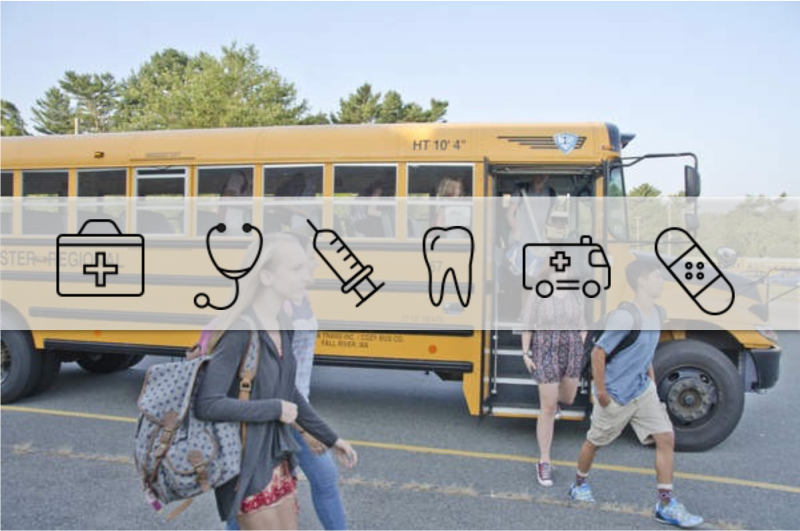Health education aims to stem risky behavior
A new curriculum at Mattapoisett’s elementary schools aims to teach kids how to make healthy decisions for life.
Until this year, no elementary schools in the tri-town had a health curriculum in place, all having been cut years ago. But Assistant Superintendent Dr. Elise Frangos says kindergarten through sixth grade is where health education needs to begin, and the results from the Youth Risk Assessment Survey in 2015 showed concerning trends.
Created by the Center for Disease Control and Prevention, the survey assesses the prevalence of risky behaviors in students, and at ORR, it found that half of upperclassmen had tried illegal drugs. Many students were not getting a full eight hours of sleep, a third of those who were sexually active did not use condoms, 16 percent had ridden in a car with a drunk driver.
These results prompted the creation of the Healthy Tri-Town Coalition, a group comprised of school and community leaders who are working to address the needs of students and families. In turn, that group also pushed for better health education.
Students in the tri-town don’t generally get much until they reach the junior high, “which is way too late to learn how to make healthy decisions,” Frangos said.
Originally Rochester, Marion and Mattapoisett were supposed to share a health instructor, however the other two towns were not able to fit the new position into their budgets. Mattapoisett kept it, and the town funded the approximately $5,000 The Great Body Shop curriculum at the urging of Frangos and Mattapoisett Public Health Nurse Amanda Stone, both members of the Healthy Tri-Town Coalition, a group comprised of school and community members.
“I feel that being able to learn about how magnificent the body is and how you care for yourself – in this case at the elementary level is hopefully going to set the stage for a lifelong involvement to that end,” said Stone.
Town Administrator Mike Gagne helped find the funds to pay for the curriculum.
“They’ve been getting health education at the middle school, but studies show that it makes more sense – proper health practices and eating practices – starting with the beginning of your school education,” he said.
The curriculum, to be taught by Brittney Guertin, will include units on violence prevention, self-worth, the impact of drugs on the body, sexual abuse, nutrition as well as injury prevention. The curriculum features up-to-date research, said Frangos.
Plus, the lessons are age appropriate.
“It’s fun, hands on. It’s not pedantic, it’s very interactive,” she said.
Students will be evaluated on health-related issued before and after they participate in the new program this year, with the hopes that the data will encourage Rochester and Marion to fund similar programs next year.











